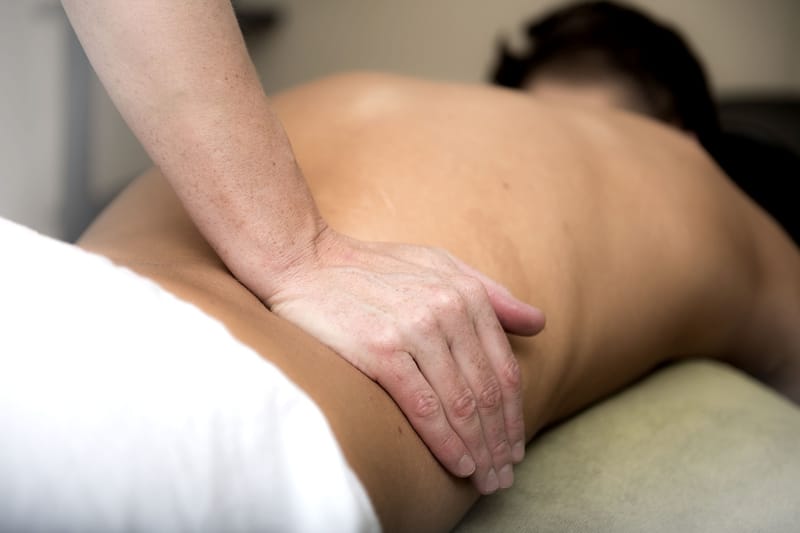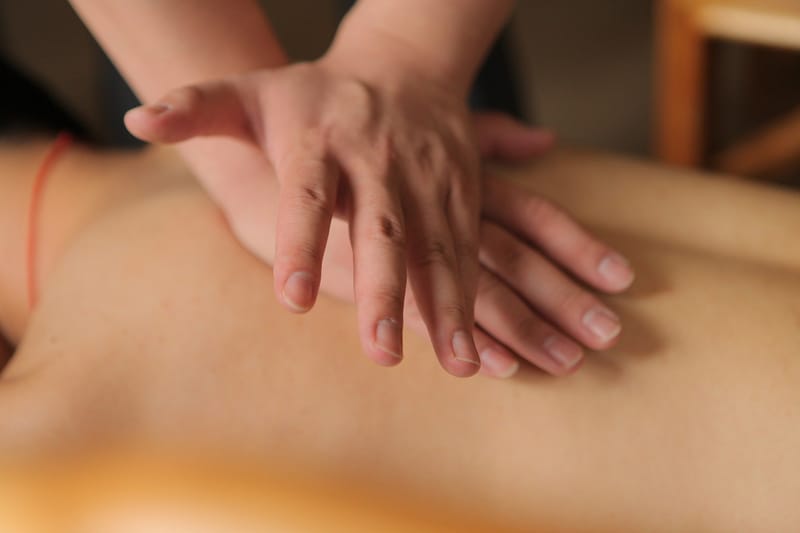Lea Harrison
Soft Tissue Therapist
About
I’m a Level 5 BTEC-qualified Soft Tissue Therapist, trained at the London School of Sports Massage (LSSM). With a background in treating everyone from elite athletes, clients managing chronic conditions or anyone with sore muscles/bodies from daily living. My approach is always tailored, evidence-based, and client-focused.
Whether you’re training for an event, recovering from injury, or simply want to move and feel better in daily life, I will take time to understand your goals and lifestyle. You’ll receive more than just a massage — I provide personalised treatment plans, aftercare guidance, and education to help you take charge of your recovery.
I'm fully insured and a proud member of:
- The Sports Massage Association (SMA)
- The Institute for Soft Tissue Therapists (ISRM)
- The London School of Sports Massage (LSSM) network
Treatment costs
30 minute Massage or Dry Needling Therapy
- 30 minute treatments are focused therapy or maintenace sessions
60 Minute Massage or Dry Needling Therapy
- 6O minute treatments are typically a comprehensive sports/deep tisssue massage or full body maintenance session
90 Minute Massage or Dry Needling Therapy
- 90 minute treatments are for deep tissue massage for chronic issue or for a deeper maintenance session
Oncology Massage Therapy
- Oncology massages are shorter more gentle massages for patients going through or recovering from cancer treatments
Vouchers
- Vouchers available by request
- please call 07394 142701
- or
- email admin@lh-soft-tissue-therapy.co.uk to purchase
- £55.00 for 60 minutes
- £72.50 for 90 minutes
Medical Insurance
- Please check your medical insurance as they may cover the cost of treatment. The professional bodies I belong to are
- SMA - Sports Massage Association
- ISRM - Institute of Sports and Remedial Massage
- LSSM - London School of Sports Massage
- Contact me via email admin@lh-soft-tissue-therapy.co.uk or call 07394142701 for more details
Services

Sports Massage
A focused, deep tissue massage designed to reduce muscle tension, promote recovery, and improve performance. Ideal for athletes, gym-goers, or anyone with muscular stress.

Soft Tissue Therapy
A clinical approach combining massage, stretching, trigger point release, and rehabilitation advice to treat injuries, relieve pain, and restore movement.

Cancer (Oncology) Massage
Gentle, supportive massage tailored for those undergoing cancer treatment or in recovery. Focused on comfort, relaxation, and quality of life.

Rehabilitation
Sports rehabilitation is a comprehensive program designed to help athletes recover from injuries and regain optimal function. Combining targeted exercises, therapeutic interventions, and progressive training to address specific sports-related issues, enhance performance, and prevent re-injury.

Dry Needling
Used to release tight muscles and trigger points, reduce pain, and support faster healing. Available as part of a therapy session where clinically appropriate.

Maintenance Massage
Maintenance massage reduces tension, improves mobility, supports recovery, prevents injury, enhances performance, boosts circulation, eases stress, maintains muscle health, and keeps your body moving comfortably between treatments all year round.
Contact
- Brooklands House, 58 Marlborough Road, Lancing BN15 8AF, UK
- Suite 19a
- +44-7394 142701
 +44-7394 142701
+44-7394 142701- admin@lh-soft-tissue-therapy.co.uk
- Monday to Friday 5.30pm to 10pm
Please send an e-mail for any special requests or for services that are not listed on the website. Home visits can be arranged at an additional charge. Please be aware that for home visits there needs an area large enough for treatment. Clubs or group bookings can be catered for.